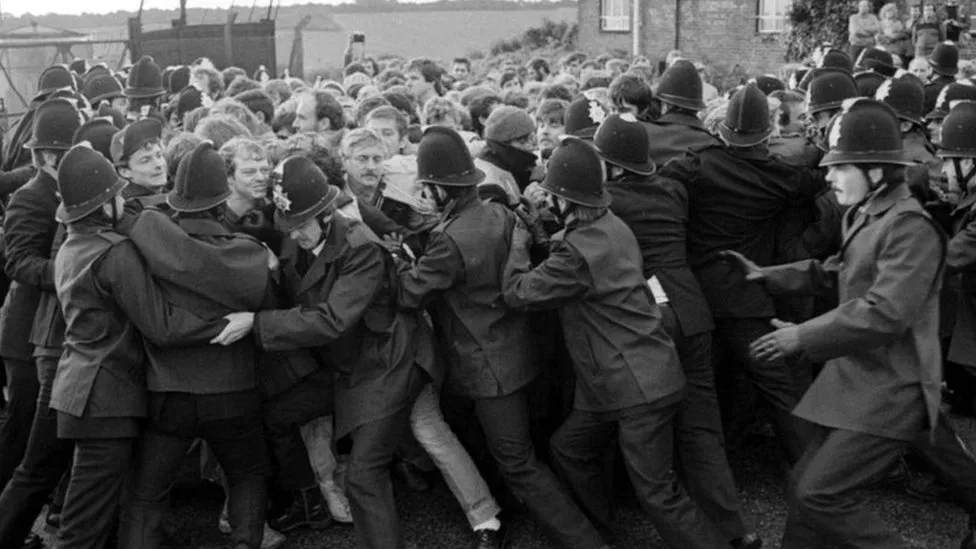Why the 1984 miners’ strike began and how it ended
The 1984 miners’ strike in the United Kingdom was a major industrial action by coal miners in protest against the National Coal Board’s plan to close collieries and cut jobs in the coal mining industry. The strike began on March 6, 1984, and lasted for a total of 12 months, making it one of the longest and most bitter industrial disputes in British history.
Causes of the strike:
The main reasons for the start of the strike included the closure of uneconomic collieries, which threatened the livelihoods of many miners and their communities. The National Coal Board’s plans to cut thousands of jobs and impose changes to working conditions also angered the miners, who felt betrayed and undervalued.
How it ended:
The strike ultimately ended in March 1985, after a year of intense confrontations between the miners and the government. The miners were unable to sustain the strike due to financial difficulties and the lack of public support, as well as the aggressive tactics used by the government, including the deployment of police and the sequestration of union funds.
Despite the strike ending in defeat for the miners, it had a lasting impact on the coal mining industry and on British society as a whole. Many collieries were closed, thousands of miners lost their jobs, and entire communities were devastated. The strike also led to a decline in the power and influence of trade unions in the UK.
